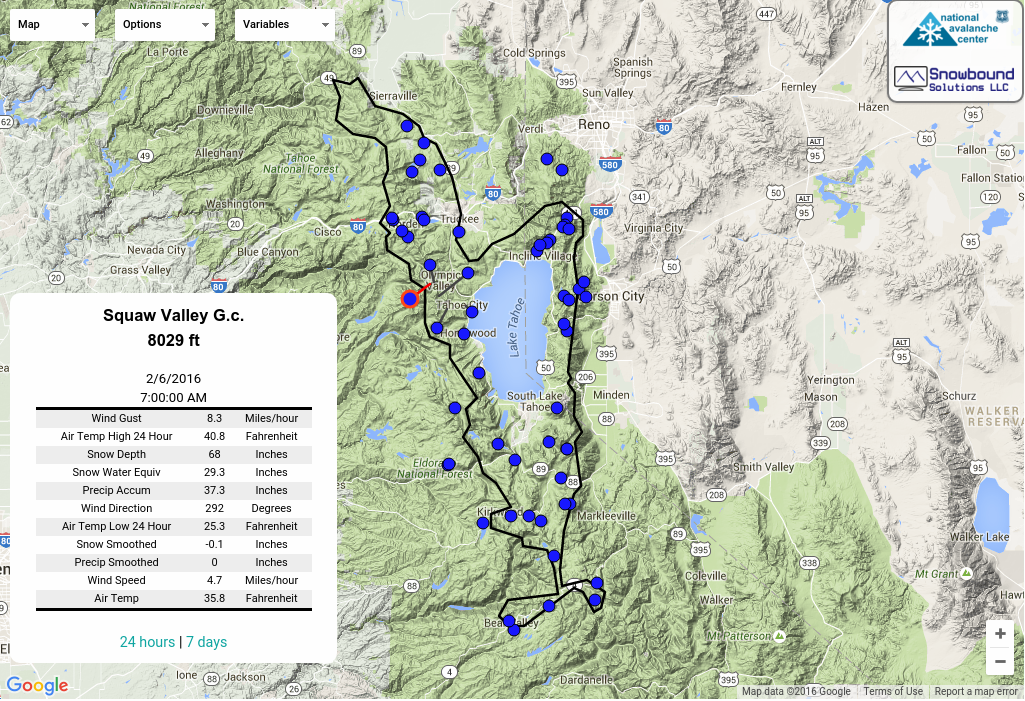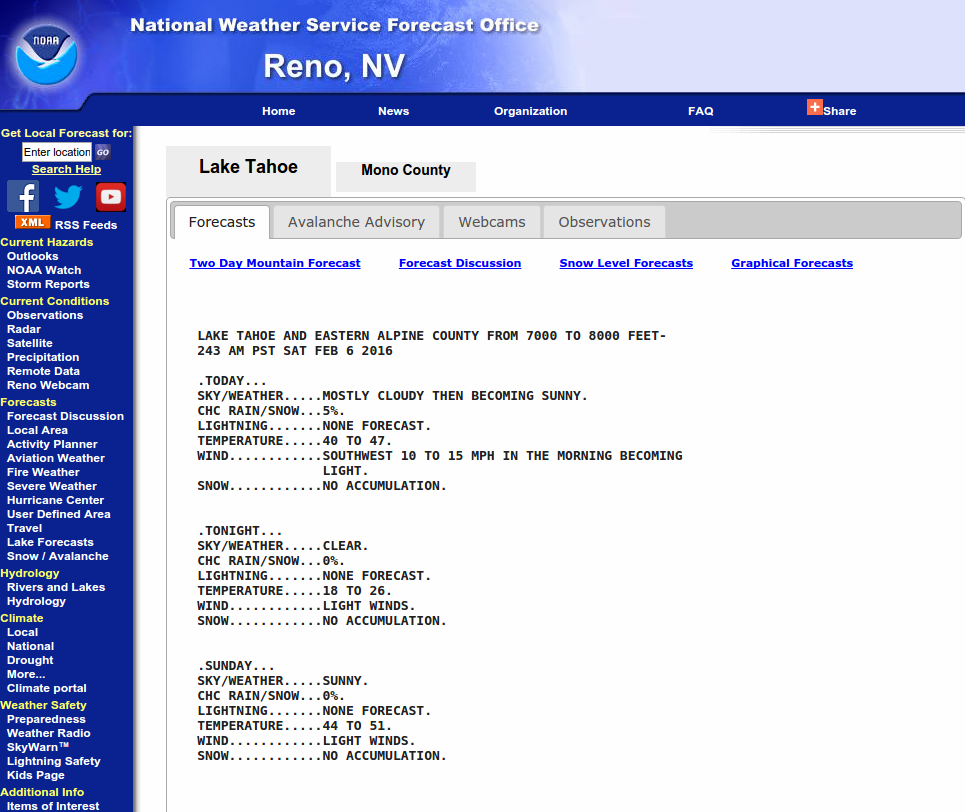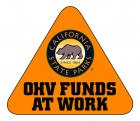
After this winter’s historic snowfall and with exciting spring skiing/riding prospects approaching, Sierra Avalanche Center would like to prepare our users for the end of SAC’s 2016-2017 forecasting season. The daily advisories will continue through April 23rd. After that date, SAC encourages you to put your hard earned avalanche training and knowledge gained from previous days of travel in avalanche terrain to use to act as your own avalanche expert. For your assistance, Sierra Avalanche Center will include a list of internet resources in the spring statement on the SAC advisory page. These resources can be used for daily travel planning and assisting with go/no go decisions.
Like you, the avalanche center is always disappointed at the close of a season and understands and acknowledges the desire to extend operations, but are not able to forecast beyond April 23, 2017 for the following reasons:
1) Public use of the daily advisory declines dramatically - Tracking of website usage shows that regardless of the snow year, big like 2010-2011, one of the recent drought years, or a fairly typical winter like 2015-2016, use of the SAC website drops by approximately 80% during the month of April when compared to daily use during December through March.
2) The forecast season's budget is exhausted - The avalanche center’s funding is a complex mix of public and private funds and the budget is created to provide a sustainable avalanche center. Extending the season would cut into funding for future seasons. In addition to this problem, due to the complex nature of the public private partnership, the timeline for altering the agreements and contracts to make additional funding accessible for late April and May was deemed unattainable when examined at the beginning of March.
3) Forecaster availability - The forecasters have other work obligations beginning in May. These obligations conflict with forecaster availability to provide continued full forecasting operations and are necessary to ensure continuous income and seasonal stability regardless of the snow year.
4) What about weekend only advisories? - The majority of late season users are interested in storm events rather than the predictable day to day spring melt-freeze conditions. Storm events would not be adequately covered by weekend only advisories. To properly cover late season storms to the expected standard, employee availability would be needed 7 days per week and this would require continued full operations.
















